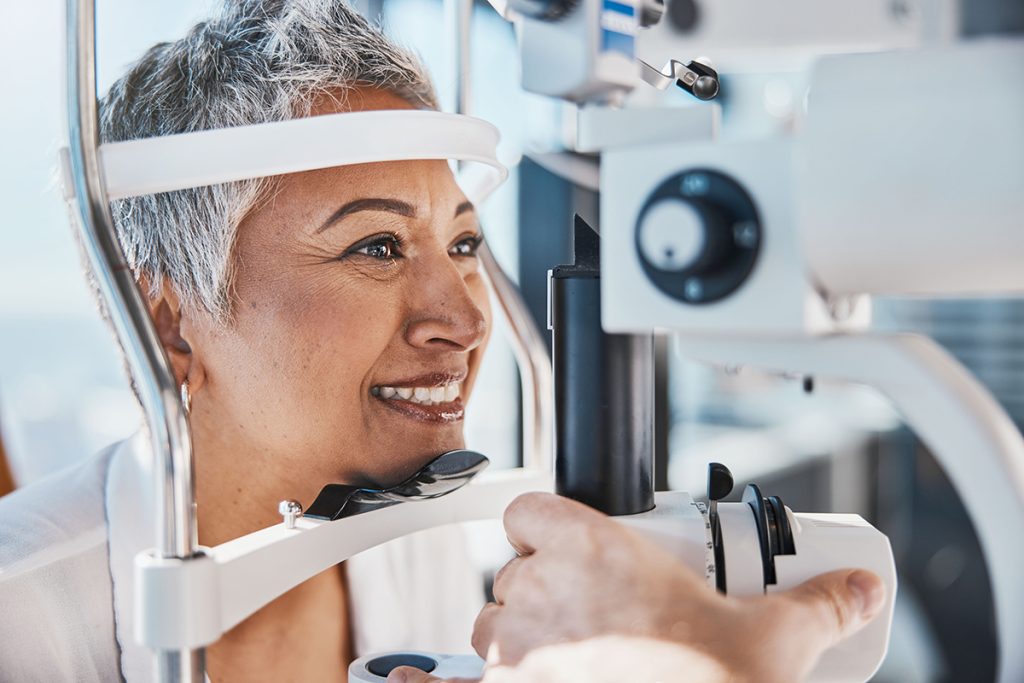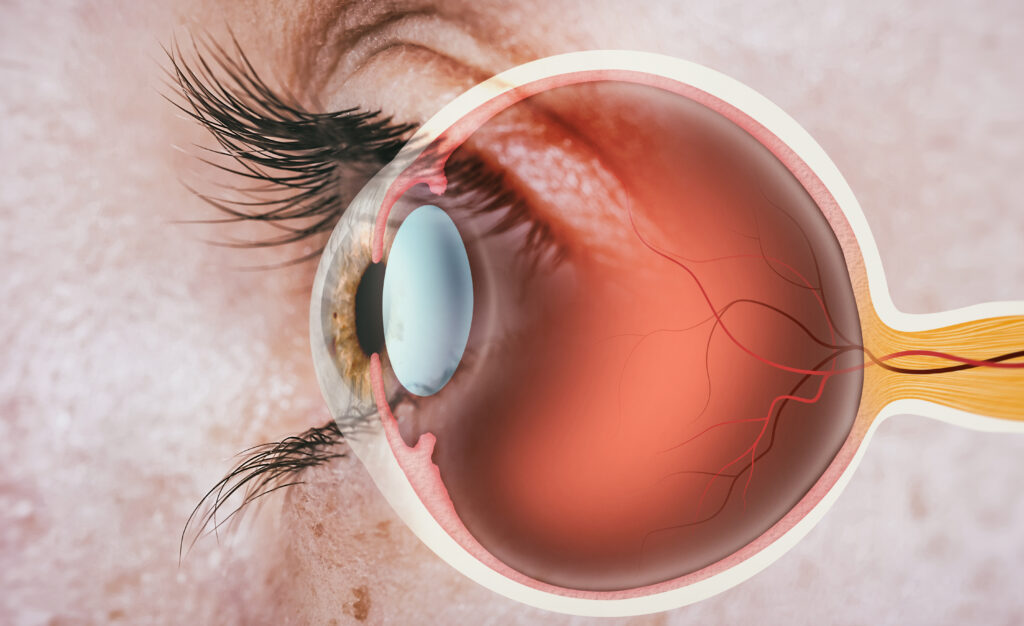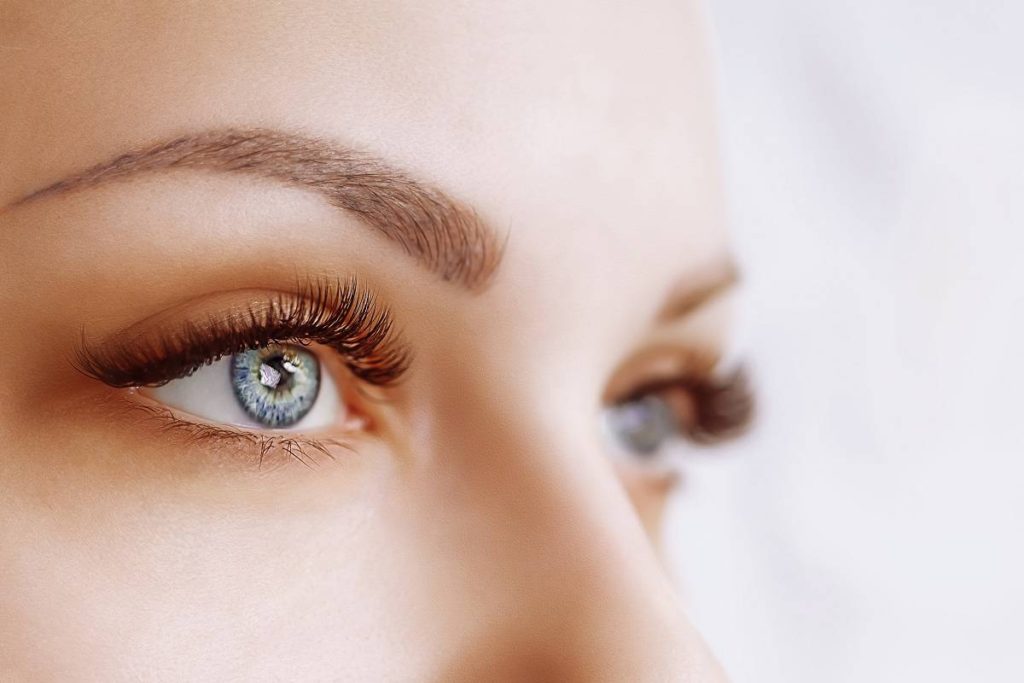
As we age, maintaining good eye health becomes even more essential. For adults over 65, regular eye care is crucial to preserving vision and preventing age-related conditions. At Berks Eye Physicians & Surgeons, we are dedicated to helping seniors take proactive steps to protect their eyesight and overall well-being.
Common Age-Related Eye Conditions
Adults over 65 are at a higher risk for several eye conditions that can significantly affect vision and quality of life. Some of the most common include:
- Cataracts: Clouding of the eye’s natural lens, making vision blurry or dim. Cataracts are highly treatable with surgery, but early detection is key.
- Age-Related Macular Degeneration (AMD): This condition affects the central part of the retina (the macula) and can result in loss of central vision, making tasks like reading or recognizing faces difficult.
- Glaucoma: A condition where increased pressure in the eye damages the optic nerve, potentially leading to blindness if untreated. Regular screening can help detect glaucoma before significant damage occurs.
- Diabetic Retinopathy: This affects individuals with diabetes, where high blood sugar levels damage blood vessels in the retina, potentially leading to vision loss if not managed.
Importance of Regular Eye Exams
For adults over 65, regular comprehensive eye exams are essential. Even if you feel your vision is fine, some eye conditions develop gradually and may not show symptoms until they have progressed. Early detection allows for prompt treatment, helping prevent vision loss. During an eye exam, our specialists at Berks Eye Physicians & Surgeons will screen for various conditions and assess your overall eye health.
Protecting Your Eyes as You Age
There are several steps you can take to maintain good eye health as you age:
- Eat a Healthy Diet: A diet rich in leafy greens, colorful fruits, and fish high in omega-3 fatty acids can support eye health.
- Quit Smoking: Smoking increases the risk of cataracts, macular degeneration, and other eye conditions. Quitting smoking at any age can improve your eye health.
- Wear Sunglasses: Protect your eyes from harmful UV rays by wearing sunglasses that block 100% of UVA and UVB light.
- Manage Chronic Conditions: Conditions such as diabetes and high blood pressure can impact your vision. Keeping these conditions under control with the help of your healthcare provider will support your eye health.
Take Charge of Your Eye Health Today
Maintaining your vision and eye health as you age requires a proactive approach. At Berks Eye Physicians & Surgeons, we encourage all adults over 65 to schedule regular eye exams and adopt healthy lifestyle habits to protect their sight. Don’t wait until symptoms appear — contact our office in Reading, PA, today to schedule your eye exam and take the first step toward preserving your vision for years to come.
 1802 Paper Mill Road, Wyomissing, PA 19610
1802 Paper Mill Road, Wyomissing, PA 19610









